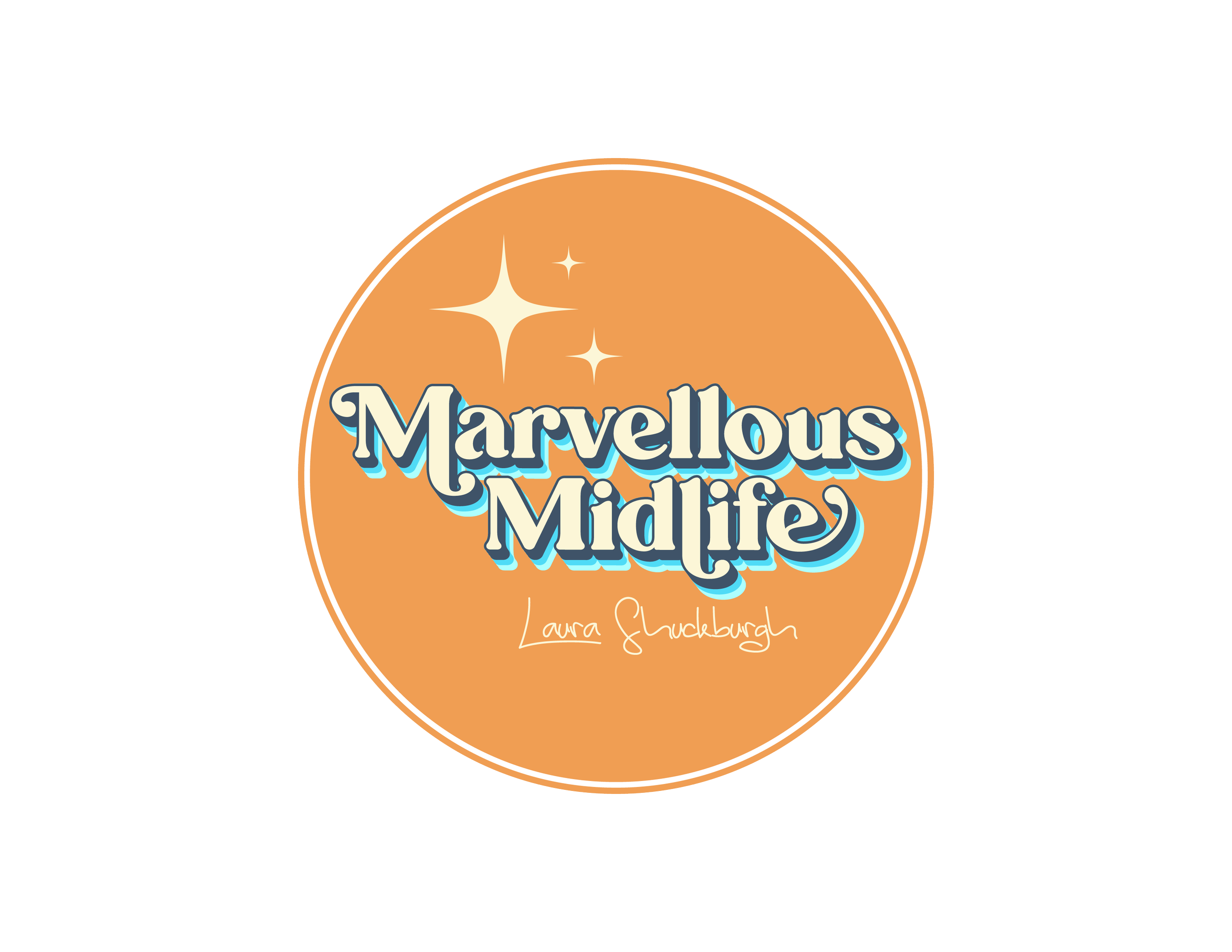Cat Dean's Meno Story
1. How old were you when you first discovered you were in Menopause?
Not til I was 41 – although I suspect my symptoms started around five years earlier.
2. How did you know you were in Menopause?
I think it was the night sweats. I got some blood tests done at my doctor’s but they were contradictory. She suggested that the symptoms were more likely to be a better indicator than the blood tests.
3. What stage of the menopause are you in?
Perimenopause.
4. What were/are your symptoms?
Night sweats, anxiety, mood swings, forgetfulness. Occasional hot flushes. Irregular, sometimes very heavy periods.
5. What effect did/do your symptoms have on daily life?
The main area affected is my sleep, because of the night sweats, waking up freezing cold and having to change clothing. This, in turn, affects my mood, patience and general state of mind as lack of sleep is a killer – I’m reminded of what it was like to have a newborn baby around!
6. Have your symptoms affected your relationships with others?
Yes – I am aware of being more irritable and emotional. And more forgetful. My 9 year old son last me last night “when will your menopauses finish?” as I kept losing my place in the story I was reading him!
7. How are you managing your menopause?
Naturally at the moment. I tried HRT but I didn’t get on with the synthetic progesterone – it made me feel very low and depressed. So right now I’m taking menopause vitamins, making sure I meditate, trying to cut down on the booze a bit, and eating oestrogen-rich foods. I’m also considering some of the sleepwear designed especially for the menopause and night sweats, but it’s very expensive!
8. What has been the worst thing about the menopause for you?
Probably the night sweats – they affect the sleep, which affects everything else. Second to that (and probably related) are the mood swings.
9. What is the best thing to come out of your menopause journey?
I am probably more in tune with my body and its rhythms and needs than I have been in many years. The mood swings and anxiety have prompted me to use some of the techniques and tools I learned many years ago when working as a life coach – and it’s been great to be able to share them on Twitter. Plus I’ve (virtually) met lots of wonderful women in the same boat, and feel part of a larger community.
10. What do you want other women to know that may help them to get through the menopause?
• You are not alone. There is so much help and support out there – there’s no need to suffer in silence or feel ashamed of any of the symptoms you may be experiencing
• Your body is talking to you all the time – in fact, it might be screaming at you for attention! Listen to what it’s telling you and identify what you can change
• Talk to people - both online and in real life. Share what you’re experiencing.
• If your symptoms are bad, talk to your GP about various options. Do your research – there are various treatments out there, and very vocal supporters and critics of them. Find credible sources of information and decide what’s right for you.
• Look at it as an opportunity to re-evaluate your life. There may be some grieving to do – to accept the changes and losses that accompany the end of fertility and everything that involves. But it also gives you a chance to focus on what you want to prioritise and what you can let go of. What do you want to do with the next part of your life? What really matters?
Connect with Cat:
Twitter: @meno_pause
More about Cat:
Cat Dean is a writer and coach. She is author of The Postnatal Survival Guide, co-author of Fertile Thinking, and writes daily Mid-life meditations on Twitter @meno_pause.

